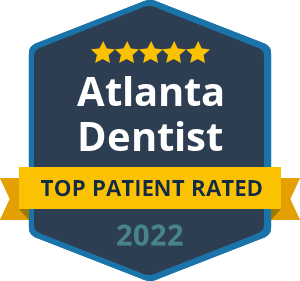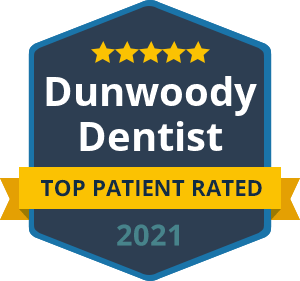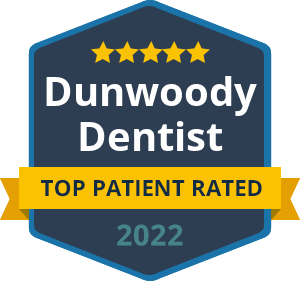It is estimated that more than 75% of American Adults have some form of gum disease. However, according to a major survey, only 60% are aware that they have this problem. If left untreated, gum disease can lead to serious dental health issues including tooth loss. That is why it is important to be aware of the factors that increase your risk for developing gum disease and to visit your dentist regularly for routine dental cleanings and examinations.
The biggest factor that will increase your risk for gum disease is lack of good oral hygiene. Brushing your teeth thoroughly at least two times per day and flossing your teeth at least once per day can go a long way in preventing gum disease. An a high level of acidity in the mouth can also increase your risk for gum disease as it provides an environment where bacteria thrive. Eating sugary foods can cause your mouth to become more acidic. It is a good idea to rinse your mouth with water and follow up with brushing your teeth after consuming sugary foods and beverages to prevent harmful bacteria from forming in the mouth.
It is a little known fact that poorly contoured restorations such as crowns and fillings can also increase your risk for gum disease. If restorations are not properly contoured, they can provide traps for debris and plaque. Anatomical tooth abnormalities can also provide traps for debris and plaque.
Your third molars, often referred to as “wisdom teeth” can also increase your risks for gum disease. The wisdom teeth usually try to erupt in late adolescence (18-20 years). Whether they have erupted fully into the mouth or they are impacted, your wisdom teeth should be checked by a dentist for signs of periodontal disease.
Lastly, female hormones can increase your risk for developing gum disease. Fluctuations in hormones that occur as a side effect to birth control pills or as a result of pregnancy or your menstrual cycle can cause changes in your mouth that make you more susceptible for periodontal disease and other dental health problems. For this reason, if you are pregnant, your dentist may recommend that you visit the dentist more often than usually to monitor for signs of an problems.
Your dentist will check for signs of periodontal disease during your regularly scheduled dental exams. However, if you notice any of the warning signs such as red, swollen gums or gums that bleed easily, you may want to schedule a dental appointment so that your dentist can properly diagnose the problem and if appropriate, prescribe an effective treatment to protect your long-term dental health.
Posted on behalf of








